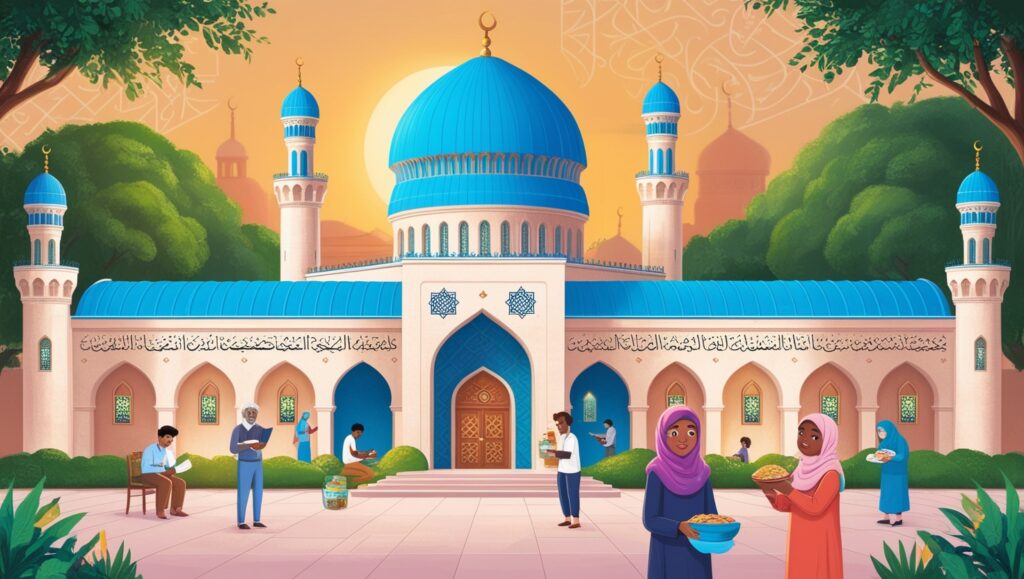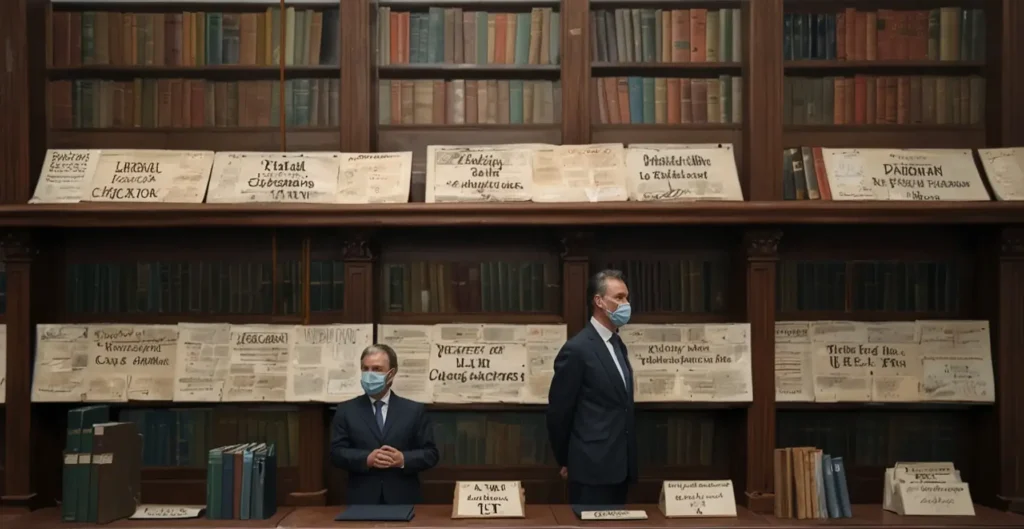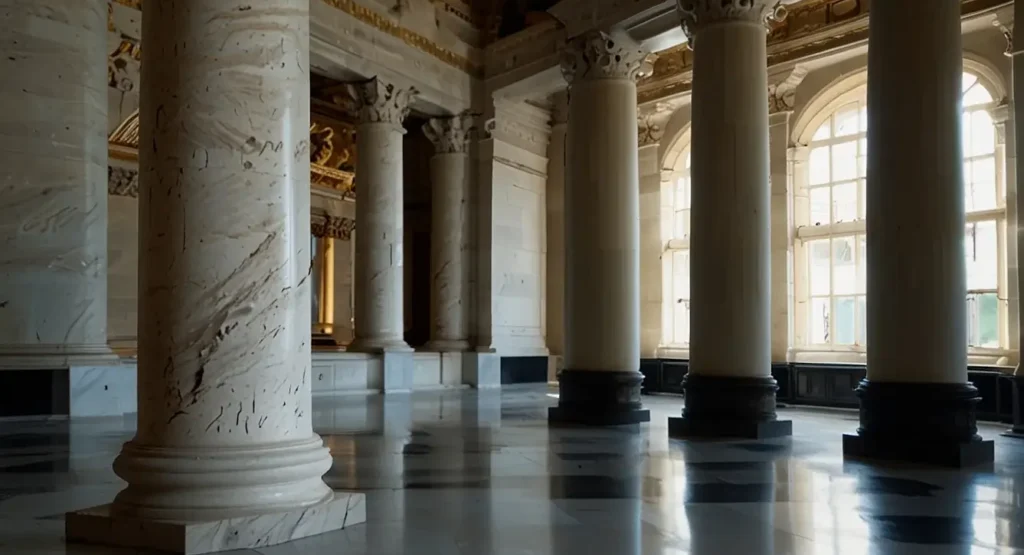Following are the social welfare institutions in Islam;
Zakat
It is a divine wealth tax and obligatory for all Muslims with means. The principles of Zakat are outlined in the Holy Quran as follows: “Alms are intended for the impoverished and the needy, as well as for those who are employed to manage the fund. They are also intended for those who have recently come to terms with the truth, for those who are in bondage and debt, for the sake of God, and for the way fare, as ordained by God.”
Thus, the principles of organization and administration of Zakat through paid staff are to provide economic security to those who are poor or in need and for the community’s welfare, which the Quran has ordained. About Zakat, the Prophet said: “Its payment is a duty, and its receiving is a right.” Thus, this system is superior to poor relief introduced in the Western world after a century.
Five principles should be followed when giving the Zakat:
- The giver must declare to God his intention to give the Zakat.
- The Zakat must be paid on the day that it is due.
- After the offering, the payer must not exaggerate about spending his money more than usual.
- Payment must be in kind. This means if one is wealthy, he or she needs to pay 2.5% of his or her income as Zakata. If a person does not have much money, they should compensate for it differently, such as good deeds and good behavior toward others.
- The Zakat must be distributed to the relatives or community from which it was taken.
Ushar
Ushar means one-tenth. It is a charge or levy tax on agricultural produce. In fact, it is Zakat on agricultural produce, but because of its rate, it is called Ushar. This term is frequently used in the sense of Sadqa and Zakat, and indeed, no strict line is drawn between Zakat and usher in Fiqah books. The term Ushar is not found in the Quran, but two verses (2:267 and 6:141) refer to it.
Ushar is a tax imposed on one tenth of the yearly productivity or earnings, traditionally collected for the benefit of the state. The imposition is strictly limited to Muslims and not extended to non-Muslims. The role of the usher is similar to that of Zakat in terms of purifying the human spirit. The absence of production or the destruction of the produced crop by a natural disaster will result in no Ushar obligation. The owner of produce should be a Muslim, no matter if he is an adult or child, male or female, sane or insane, slave or free.
Waqf
Waqf is an Arabic word meaning assets that are donated, bequeathed, or purchased for being held in perpetual trust for general or specific charitable causes that are socially beneficial. In many ways, the concept of waqf is similar to the Western concept of endowment. The institution of waqf originated during the time of the Prophet and was formalized and legalized during the period of the caliphs.
Activities like education, social welfare, and relief have been organize through this trust-propertyd. There is, of course, a great gap between the ideal and practice of Islam in all countries. This is discernible from the behavior patterns of Muslims. Modern society is increasingly becoming materialistic. Religious values and injunctions have lost much of their force. The state, therefore, has to enact legislation for regulation and protection and for providing a social framework of behavior and relationships.
The constitution has directed the Government of Pakistan to take adequate measures to enable Muslims to order their lives by the teachings of Islam. Thus, nothing in social work values is mismatched with Islamic principles. Islam and social work emphasize individualism, human treatment of the distressed, and collective effects to solve individual and community problems.
Fitrah
Fitrah / fitrana or zakat-ul-fitar are the terms used to define money, which must be given to the needy before Eid-ul-fitar. This money is paid to the poor people so that they can fulfill their needs on Eid day. Eid day is to be celebrated by all Muslims as it is a reward or prize from ALLAH against the 29/30 fasts Muslims observe during Ramadan. People have marked some special days in a year to rejoice, celebrate, and be happy.
In Islam, the two official days to rejoice are the Eids. But these special occasions are for every Muslim, not only those who can celebrate and feel happy. This is why it has been made obligatory for the Muslims who are sahb-e-nisab (who can afford) to pay fitra to the poor before the Eid payer. Fitrana is different from Zakat in terms of measuring and distribution.
This is not a huge amount that cannot be paid some days before Eid. It is paid against 2.5 kg equivalent of the current amount of wheat. Islam has made it obligatory for Muslims to remember their other Muslim brothers and sisters in times of happiness and times of sorrow. If it had not been made obligatory, people would have never thought about the poor, and the world would be a worse place for those who do not have much to earn.
Sadqah
Sadqah or Sadka means “voluntary charity.” This concept encompasses giving out of kindness, love, friendship, religious duty, or generosity.
Khums
Khums means ‘a fifth’ (or 20 percent) in Arabic. In Islam, khums refers to the required religious obligation of any Muslim to pay one-fifth of their acquired wealth from certain sources toward specified causes. It is treated differently in Shia and Sunni sects.
Jizya
The levy in question was imposed by the Muslim authorities upon Hindu inhabitants of the region as a reciprocal measure for their safeguarding. Qutb-ud-din Aibak implemented jizya for the first time in India. Jizya was dismissed by the Mughal emperor Akbar during the 16th century but subsequently restored by Aurangzeb in the 17th century.






